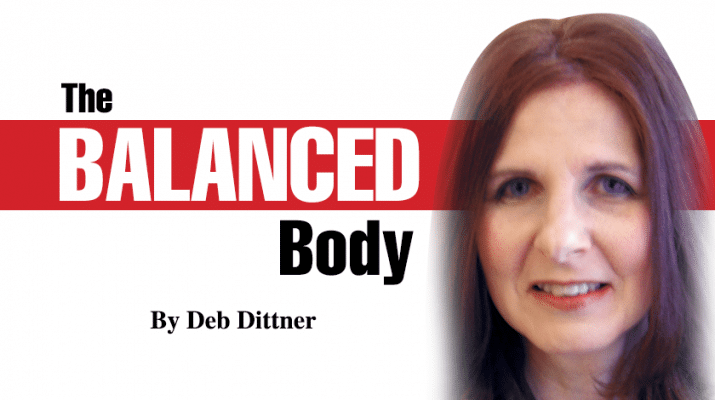By Deborah Dittner
As more and more research comes to the surface, the link between the risk of Alzheimer’s and the foods you eat is showing great connection. The dietary choices you make on a daily basis can point to the link of developing Alzheimer’s or not.
Certain foods such as the consumption of meat (red and processed such as hot dogs, hamburgers, salami, sausage, pastrami and more) and ultra-processed foods (most items found in a box with numerous ingredients) are associated with an increased risk in development.
Add to that the sugar-laden beverages (soda, fruit juice) and refined wheat and rice products. These products will increase insulin resistance and inflammation in the body.
You may ask…” what am I to eat?”
You have plenty of choices and you will not go hungry. Let’s look at the foods to include every day to decrease your risk of development:
• Cruciferous vegetables (Brussels sprouts, broccoli, cabbage, kale, cauliflower, arugula) full of vitamins, minerals and fiber, are anti-inflammatory.
• Leafy greens (arugula, kale, romaine lettuce, spinach, Swiss chard) are full of vitamins and minerals, anti-oxidants and boost the immune system.
• Brightly colored vegetables (tomatoes, orange carrots, red and yellow bell peppers, zucchini, asparagus) are rich in lycopene, beta-carotene, vitamins and minerals.
• Fruits (berries, watermelon, pears, apples) are full of fiber, vitamins and antioxidants.
• Fish (wild caught salmon, sardines) are full of omega-3 fatty acids and lean protein.
• Whole grains (oats, quinoa, brown rice, barley, rye) are full of dietary, vitamins and minerals.
• Legumes (peas, beans, lentils) are full of fiber, protein, vitamins and minerals.
• Garlic fights against bacteria, helps regulate blood pressure and aids in heart health.
• Spices can add zest and flavor to any meal. There are so many to choose from. The king of spices is black pepper and the queen of spices is cardamom.
• Olive oil has been shown to increase “good” cholesterol (HDL) and decrease “bad” cholesterol (LDL).
As you age, a healthy diet will keep you living longer and staying sharp. A healthy diet full of antioxidant rich foods will keep your heart and brain performing at its best while lowering the risk of developing Alzheimer’s disease.
Vitamin D
Vitamin D, the sun vitamin, is best known for keeping your bones healthy and strong but research is also indicating that vitamin D aids the brain in memory and mood. Know your vitamin D blood levels by asking your health provider for the blood test vitamin D 25-OH.
Optimal levels are between 60 and 80ng/ml. Insufficient levels may influence your Alzheimer risk. Supplementation with vitamin D3 can be a very important addition to your health regime. Make sure to take vitamin D3 with a meal as fat will aid in the absorption. Separate supplementation and a multivitamin that includes vitamin D3 will be beneficial.
Social interactions
Another aspect to consider is social interactions. Studies show how social isolation can influence your cognitive decline, increasing your risk for developing Alzheimer’s. Social connection and developing close relationships are important as you age. Find connection and community you can talk with about the positives, the negatives and life lessons as you age. Seek out senior centers, meet-up groups, gyms, book clubs, library programs, craft skills, community gardening, cooking, herbology and more. Are there other things you have wanted to do? Find your community and connect. Research has shown that those with strong social connections, live longer, happier and healthier lives. Coffee dates, walking dates, movie dates, or gym dates…all add up to social connection. No need to isolate yourself when there are many just like you in need of a good conversation, good cup of coffee or just plain old together time.
By eating and enjoying a healthy nutritious diet, being proactive with supplementation and taking the steps needed to get out and enjoy life with others will aid in the prevention of Alzheimer’s disease and create a life that you desire.
 Deborah Dittner is a family nurse practitioner and health consultant. Her mission is to transform as many individuals as possible through nutrition and lifestyle changes. www.debdittner.com
Deborah Dittner is a family nurse practitioner and health consultant. Her mission is to transform as many individuals as possible through nutrition and lifestyle changes. www.debdittner.com

